Kitten Neutering Database
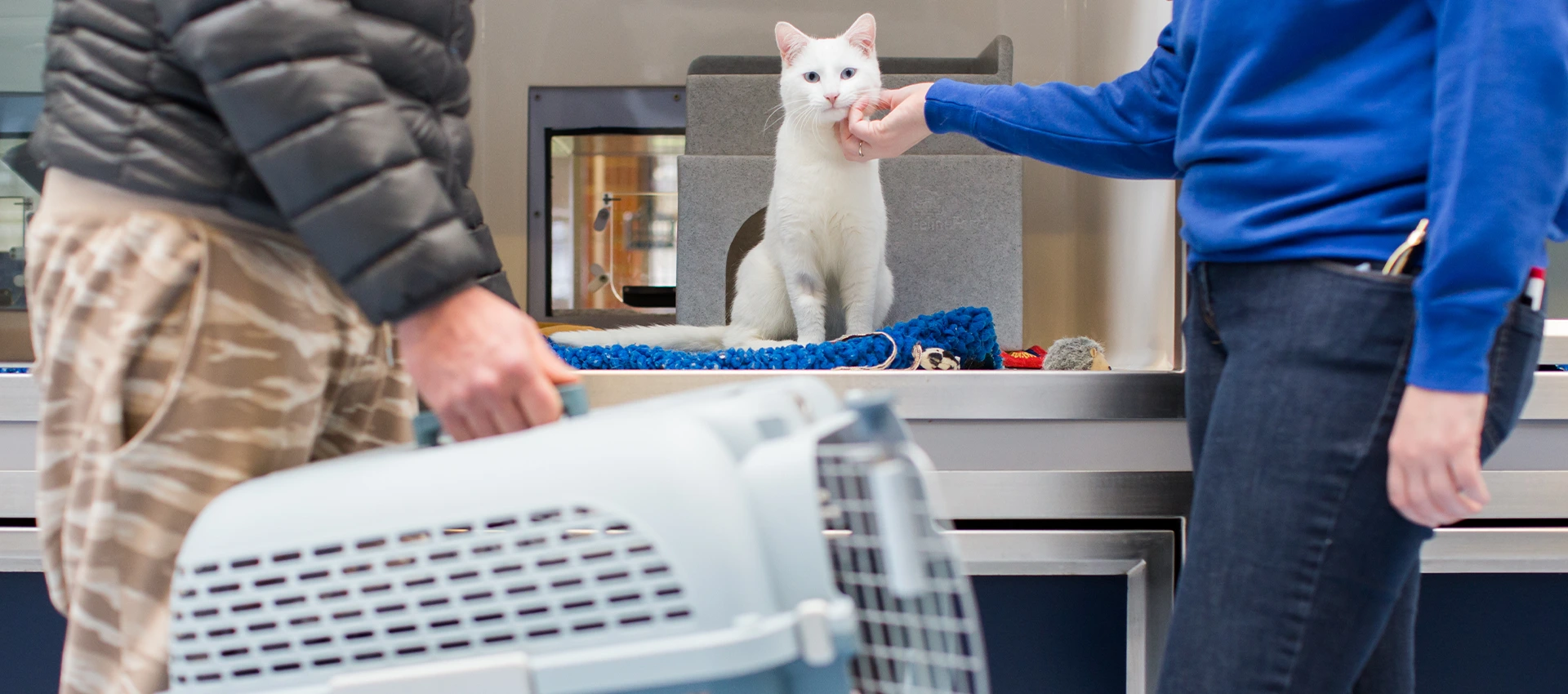
Who we are
We are a number of charities working together under the umbrella of Cat-Kind to make four month neutering the ‘norm’ for pet cats through collaboration on research and coordination of activities.
We were formed in 2013 and won the Third Sector Award for collaboration in 2016.
The resources on this site provide support for vets who are already neutering at four months and those who want to make the change to neutering at four months routinely. This is also the home of the Kitten Neutering Database, where the public can find their local vets who neuter kittens at four months.
What we do
- Work to ensure all veterinary practices promote and practise neutering at four months (the age at which cats can get pregnant)
- Encourage all rescue organisations to adopt policies to neuter prior to rehoming
- Refocus neutering education campaigns to ensure they reposition neutering as the act of a caring, loving cat owner
- Ensure the one litter myth is dispelled
- Encourage collaboration between animal welfare and rescue organisations, the veterinary profession and housing associations through community outreach programmes to target those audiences less likely to neuter
- Recognise where pro-bono support is provided by veterinary professionals to further animal welfare
Neutering is the only effective way to reduce the number of accidental litters and unwanted cats being born in the UK.
There is a great need for subsidised neutering help. Cat-Kind members alone neutered more than 200,000 cats in 2019.
The financial impact of COVID-19 on many cat owners is likely to increase this need and potentially increase the number of accidental litters born.

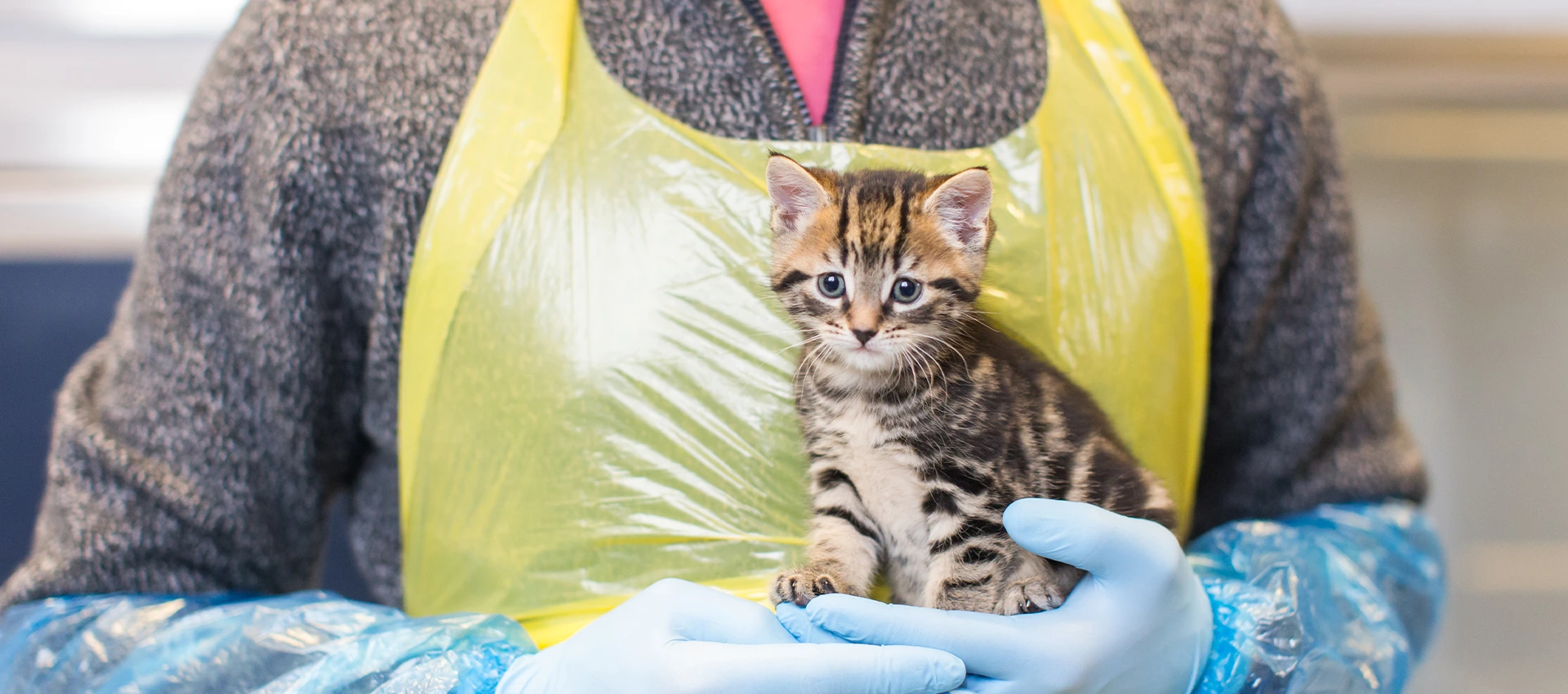
Research in focus: why we should neuter at four months
Cats can become pregnant as early as four months old1
Kittens born accidentally often end up in charity care or living a vulnerable life on the streets
By neutering cats from four months of age (rather than the traditional six months of age), the veterinary profession can have a significant impact on the number of unplanned litters and therefore reduce the number of potentially homeless cats. Cat-Kind recommends that veterinary professionals discuss neutering with owners at the time of the primary vaccination course and proactively book kittens in to be neutered from four months of age.

of female cats had kittens
before being neutered3

of owned cats litters
are accidental2

of vets currently neuter cats
at four months of age*5
(*or would if practice policy permitted)
Many cat owners are
unaware of the reproductive
capacity of cats2
Veterinary professionals
identified lack of neutering as
one of the top issues to
be addressed relating to the
wellbeing of cats4
Many owners believe in the
myth that a cat should have a
litter of kittens before being
neutered2
References
- Joyce A, Yates D (2011) Help stop teenage pregnancy! Early-age neutering in cats. Journal of Feline Medicine and Surgery, 13(1). https://doi.org/10.1016%2Fj.jfms.2010.11.005
- Welsh, CP, Gruffydd-Jones, TJ, Roberts, MA, Murray, JK (2014) Poor owner knowledge of feline reproduction contributes to the high proportion of accidental litters born to UK pet cats. The Veterinary Record, 174(5). https://doi.org/10.1136/vr.101909
- Cats and Their Stats (2020). Available at: https://www.cats.org.uk/assets/cats-report/Cats_Report_2020.pdf
- PDSA PAW Report (2018). Available at: https://www.pdsa.org.uk/get-involved/our-campaigns/pdsa-animal-wellbeing-report/past-reports
- McDonald, J, Clements J (2020) Contrasting practices and opinions of UK-based veterinary surgeons around neutering cats at four months old. The Veterinary Record, 187(8). https://www.ncbi.nlm.nih.gov/pmc/articles/PMC7606499/
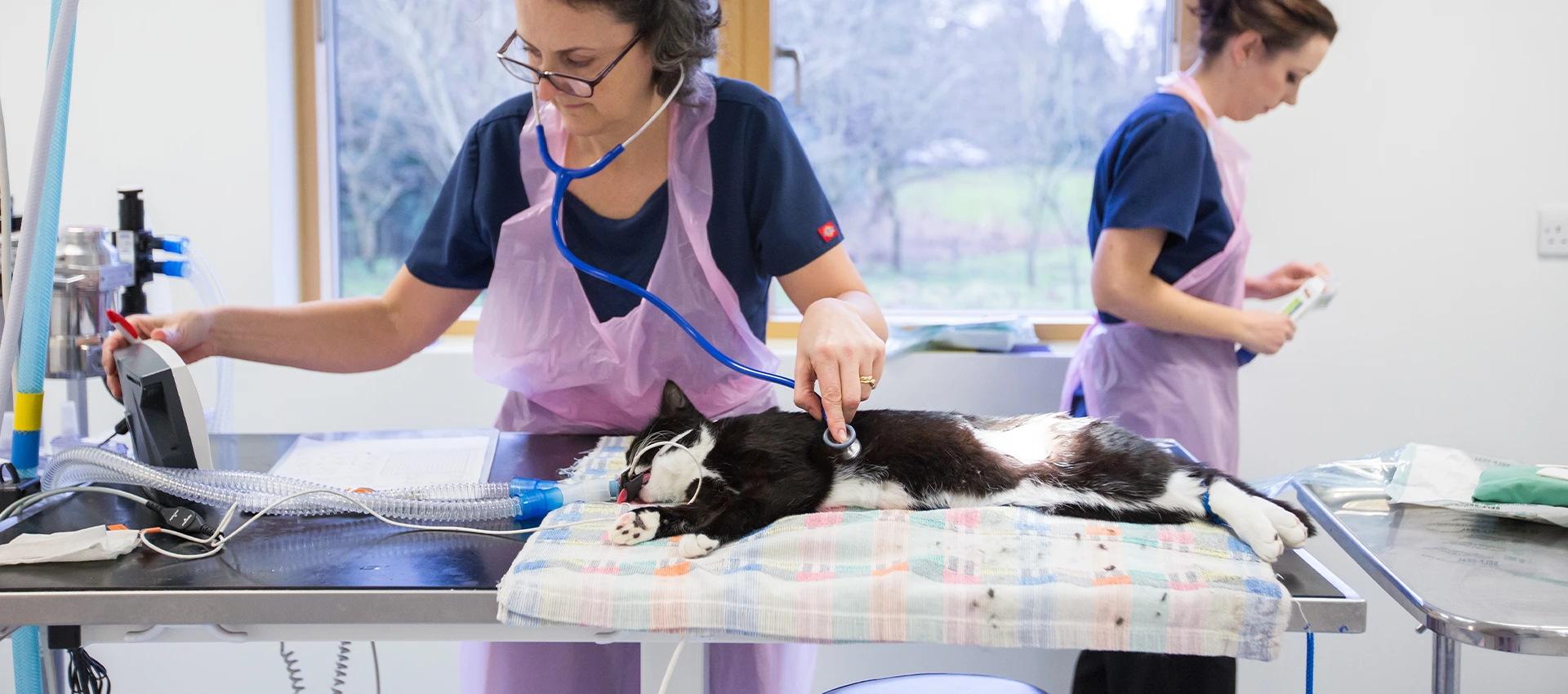
Position statements
BSAVA
‘’The British Small Animal Veterinary Association (BSAVA) is a
member of the Cat Group and supports the policy of pre-pubertal
neutering (ie at four months of age or older rather than at
the traditional six months of age or older).’’
BVA
“In line with the BSAVA, the British Veterinary Association (BVA)
recommends that pet cats are neutered from 16 weeks […] The
policy statement of the Cat Group is supported by the BVA.”
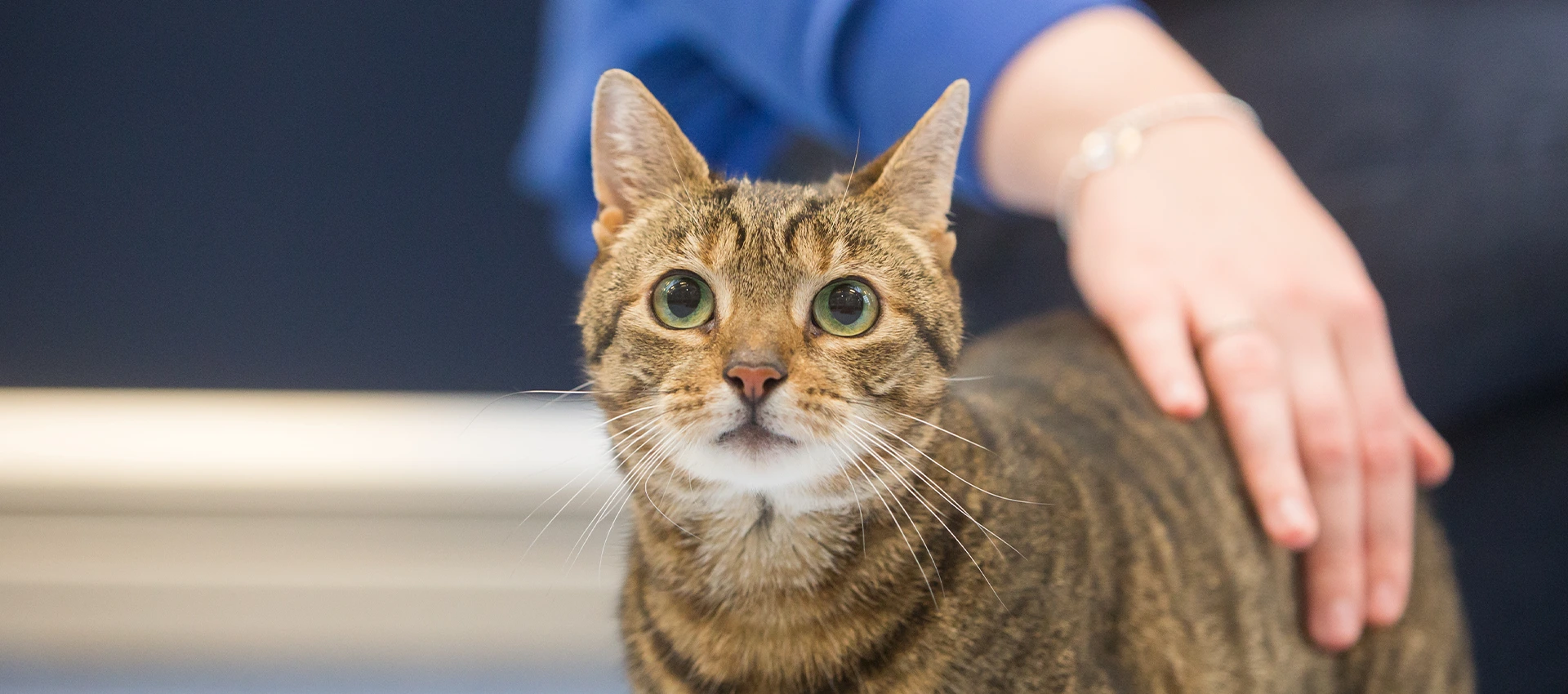
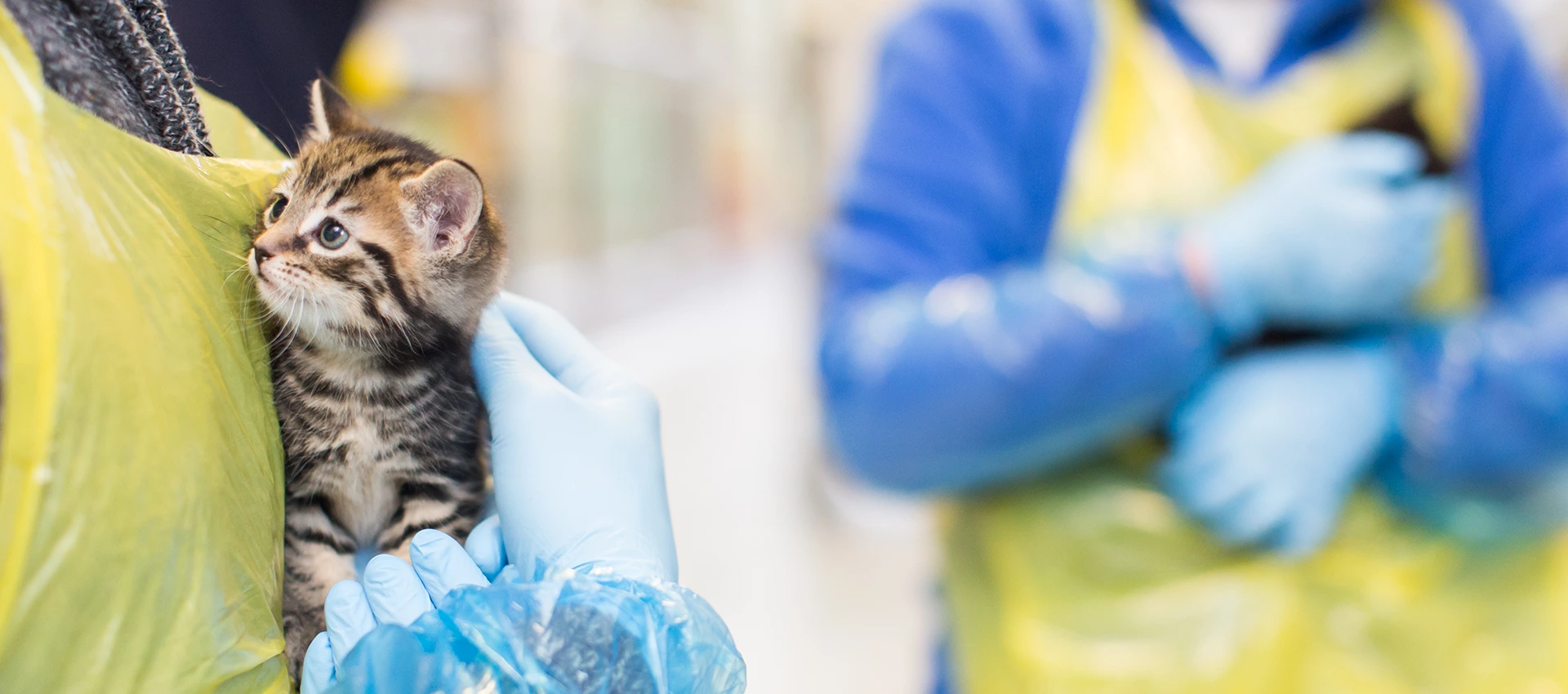
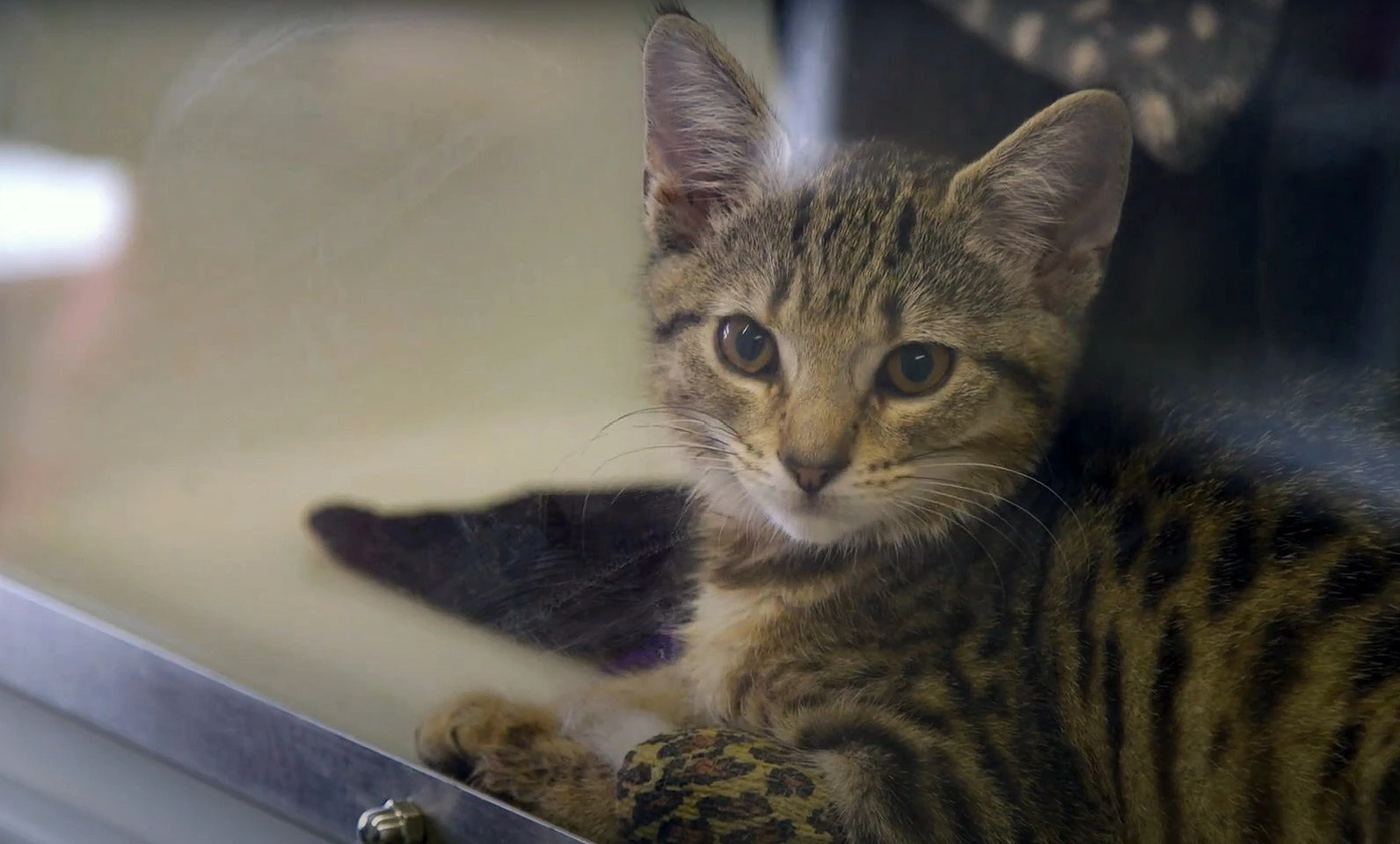
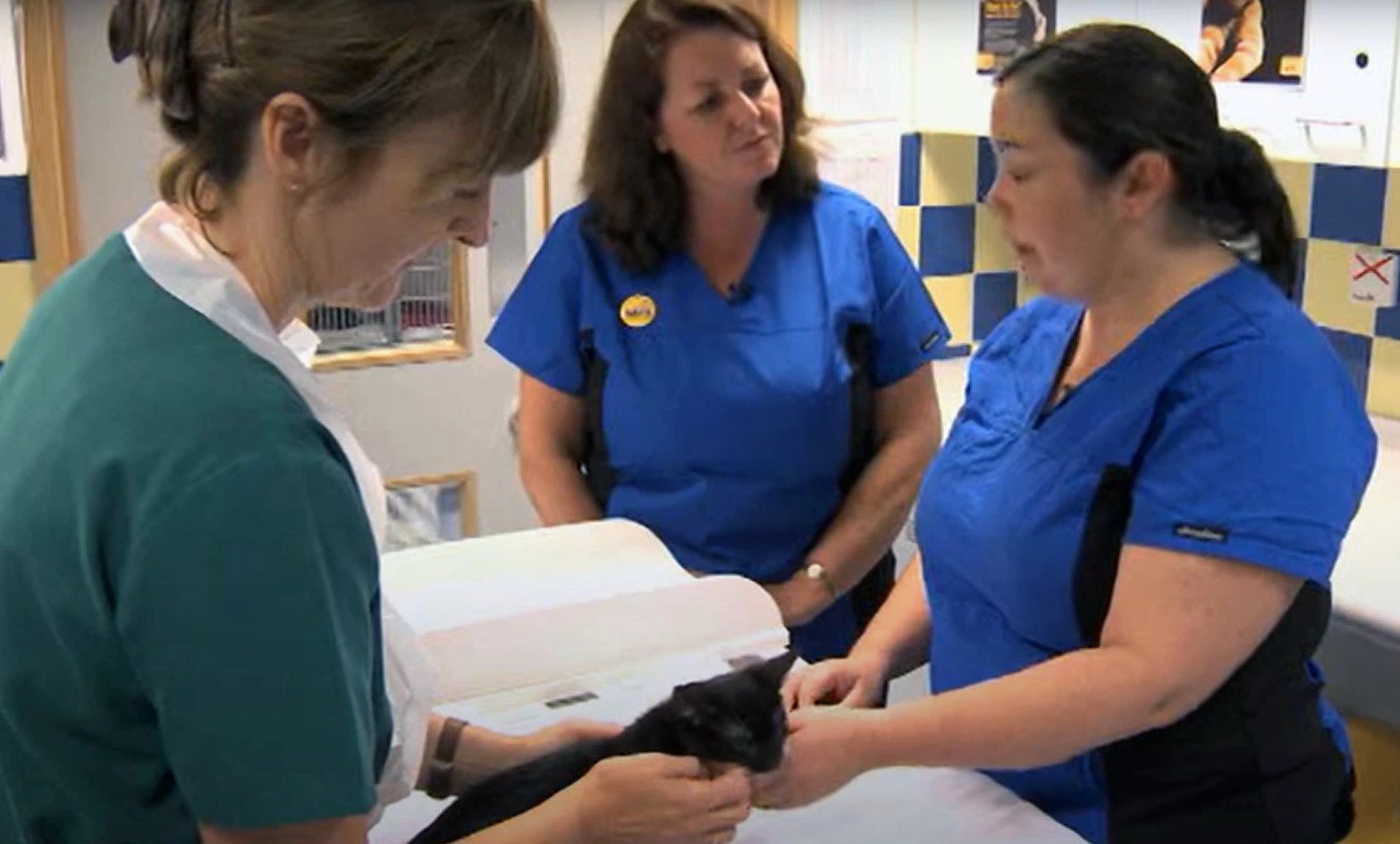
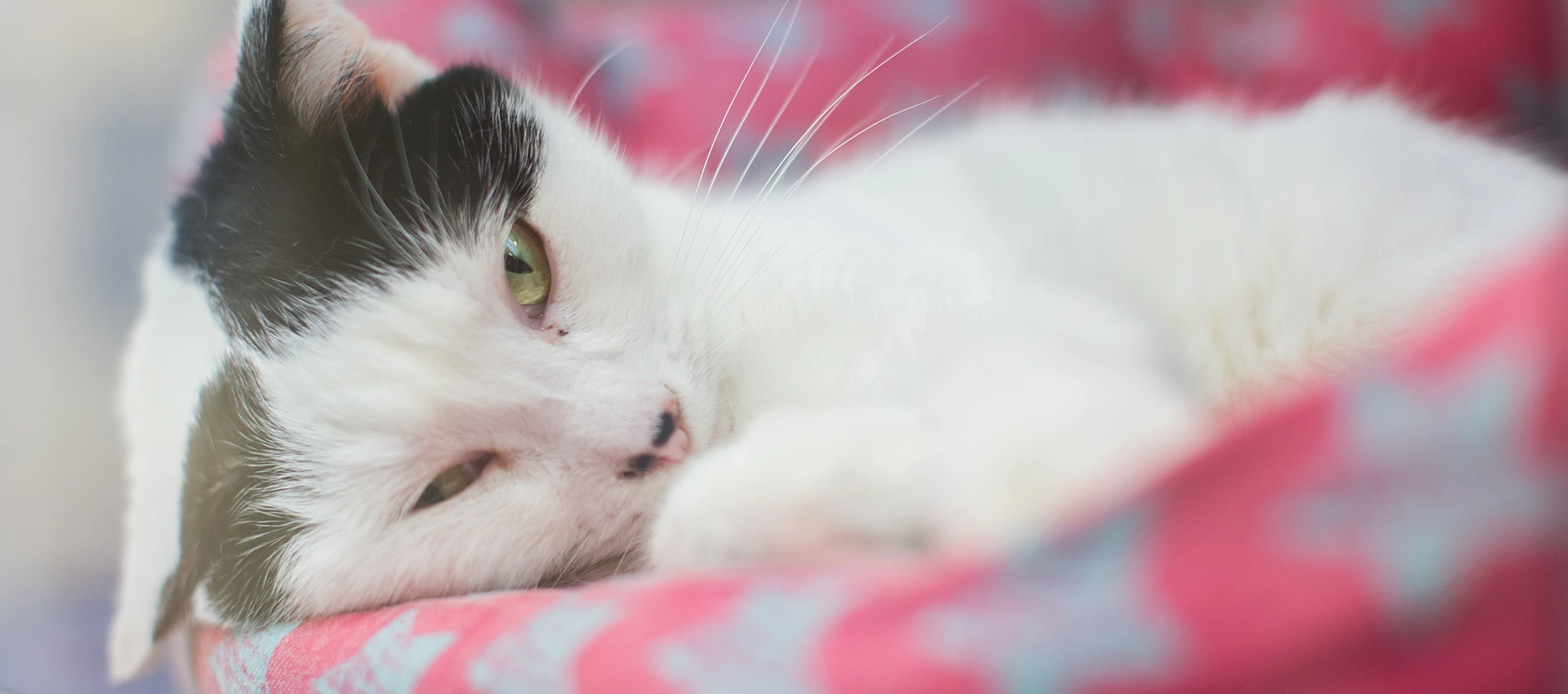
 Vet is a Kitten Neutering Champion
Vet is a Kitten Neutering Champion
 Vet neuters owned cats at four months
Vet neuters owned cats at four months
 Vet neuters either owned or feral cats at four months or younger
Vet neuters either owned or feral cats at four months or younger
How is Cat-Kind different from the Early Neutering Register?
The public will still be able to find your practice in the same way as the previous Early Neutering Register.
The Cat-Kind resource is an information source for vet practices and surgeons about kitten neutering. The database displayed on the Cat-Kind site will also show details of practices and veterinary surgeons that will be happy to provide you with advice about kitten neutering.
How do I join the database and how is my Data Used?
Simply fill in the form below or send by Post to Cats Protection.
Your Data will be used in the following ways:-
Your Practice Details will be stored on the database and displayed on the map below allowing member of the public to find you easily.
Statistical data from the database will be shared with CPCG members. This is not vet practice data but the following:
Number of vets neutering at four and five months of age – number only
Geographical stats in terms of spread of coverage of Cat-Kind practices across the UK – number only
Number of vet practices registered on Cat-Kind – number only
How do I register as a Kitten Neutering Champion?
Simply tick the box on the form. Your practice will then flag as a champion practice on the Cat-Kind site, so other practices can find you easily. Remember that although the Cat-Kind site is a veterinary resource, the public can still access it, so only display contact details which are already in the public domain.
If my practice is already on the Early Neutering Register, do I need to do anything to transfer to Cat-Kind?
No, this will happen automatically.
I have other questions, not listed above. Where can I go for more information?
If you have other questions, not answered by the Cat-Kind content, please email kind@cats.org.uk
